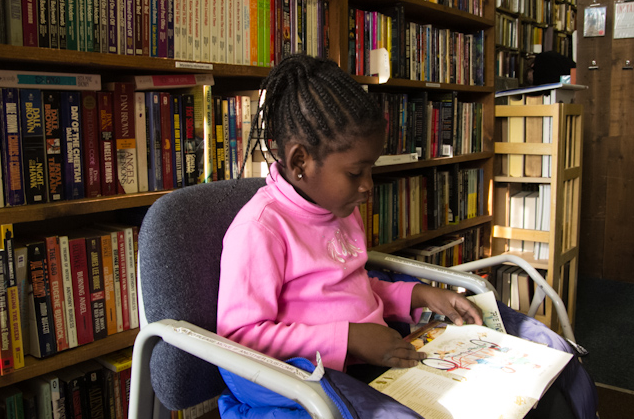A huge issue in today’s political debates is the content of books in public libraries and schools. If you turned on the debate between California Gov. Gavin Newsom (D) and Florida Gov. Ron DeSantis (R), you heard this discussed. If you pay any attention to the news in Alabama, you know it’s a hotly debated issue here as well.
Parents are increasingly concerned about certain books being in the children’s section in public libraries and schools. They contend the books are not age-appropriate. Indeed, I am old enough to remember a time when books depicting graphic nudity and sexual activity, as these books do, were not considered age-appropriate for children by everyone in society.
But there is a new group now saying such content should be in the children’s section. In fact, they contend it is a moral good for children to be exposed to such content! To oppose such books, they say, is to be in favor of book banning.
In our state, the Clean Up Alabama organization was formed to fight against minors having easy accessibility to inappropriate books. On the other side, the Read Freely Alabama organization was formed to make sure inappropriate books remain where children can have ready access to any sexual content they please.
But let’s put the moral arguments aside for once. In this article, I want to address the constitutional issue. Groups like Read Freely Alabama and other leftist groups claim the removal of books from libraries violates the First Amendment. This is simply an error based on a faulty interpretation of the First Amendment and a general ignorance of Constitutional Law.
"Congress shall make no law respecting an establishment of religion, or prohibiting the free expression thereof, or abridging the freedom of speech,” the First Amendment to the Constitution of the United States of America begins.
What people often miss in this text is that freedom of speech is a negative right, not a positive right. In other words, the Constitution does not grant an absolute right to freedom of speech against other people. Rather, it prohibits the government from restricting private speech. It also does not restrict government speech.
Books in a public library are considered government speech according to United States v. American Library Assn., Inc. (2003). In this case, the Supreme Court explained that the government has the discretion to make content-based judgments in deciding what private speech to make available to the public — private speech such as books.
Thus, removing inappropriate books from the children’s section is not a First Amendment violation. In fact, the First Amendment does not apply to this issue. Further, the library has broad discretion to make the decision to remove these books or move them around.
So next time you hear Read Freely Alabama and groups like them say this is a free speech issue, disregard them. You now have read the Constitution more than they have just by reading this article.
Laura Clark is a wife, mother, and community activist. She currently serves as the interim president of Alabama Center for Law and Liberty, a conservative nonprofit law firm that fights for limited government, free markets, and strong families in the courts.
The views and opinions expressed here are those of the author and do not necessarily reflect the policy or position of 1819 News. To comment, please send an email with your name and contact information to Commentary@1819News.com.
Don’t miss out! Subscribe to our newsletter and get our top stories every weekday morning.










